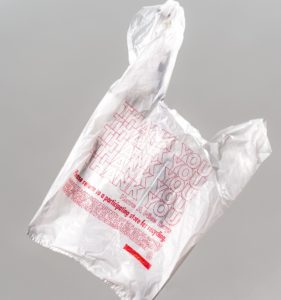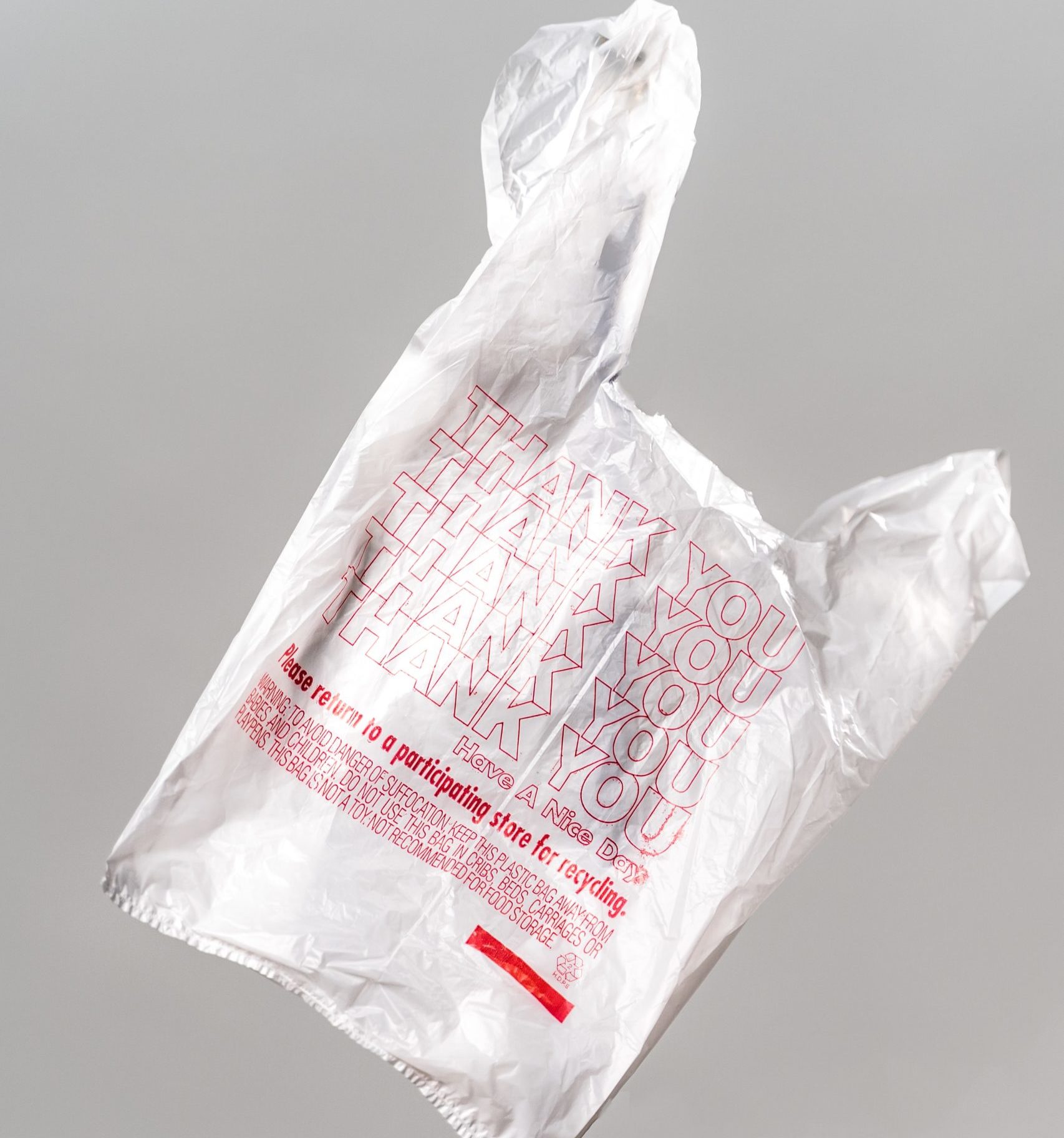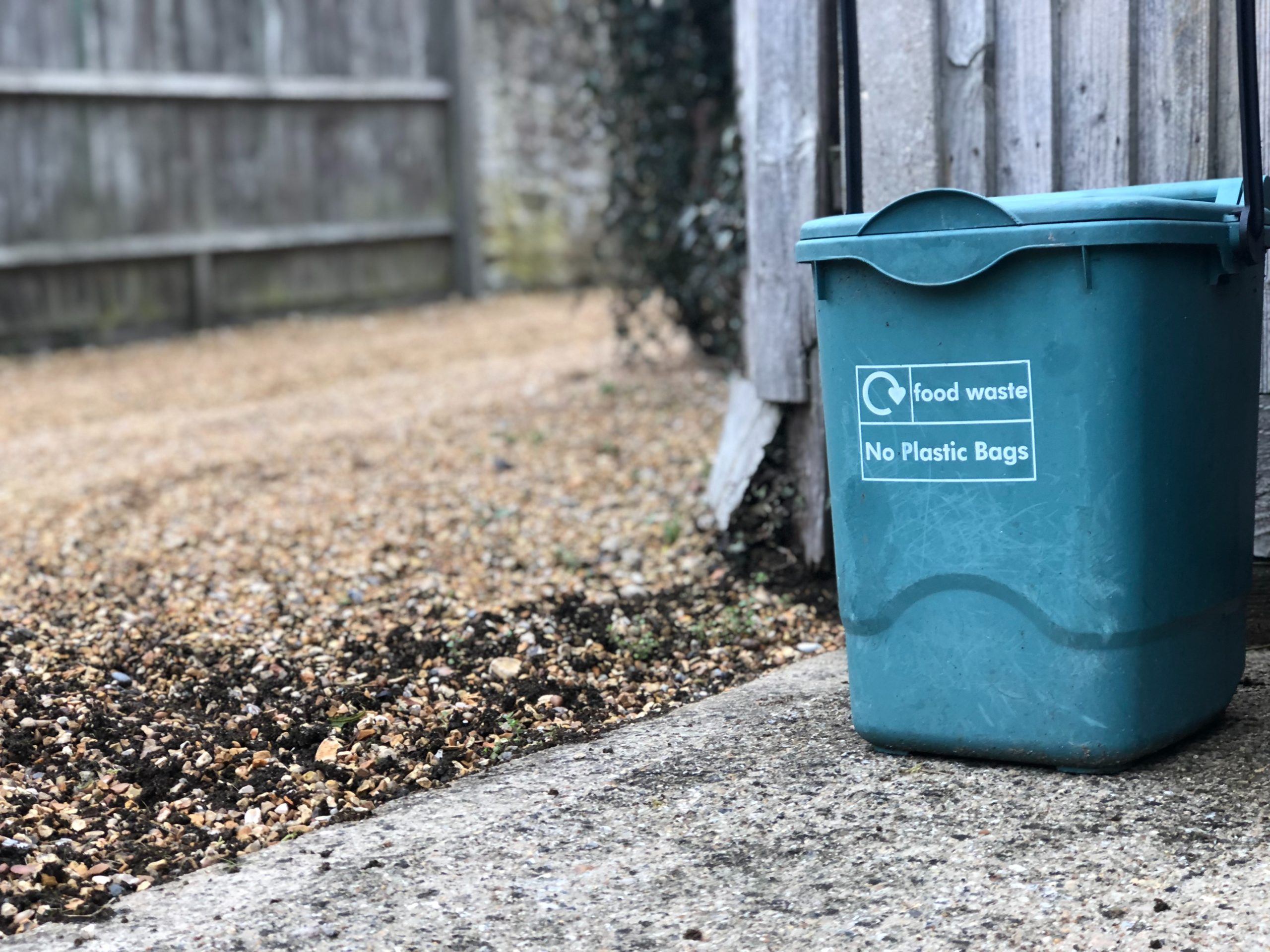Silicone vs Plastic: Safe, Sustainable, Convenient?
We know that single-use plastic bags are to be avoided when at all possible. But they’re so convenient. Enter silicone bags. You may have seen silicone food bags making waves, even being featured in photos on social media because of their beautiful rainbow, semi-translucent colors. But is silicone really better than plastic? Is it as safe as plastic?
The Problem with Plastic Bags
People have started looking for an alternative to plastic bags for many reasons. First, of course, is the environmental impact. Plastic bags are used everywhere, and they take many years to break down in landfills. The average plastic bag is used for less than an hour, and between shopping bags and sandwich bags Americans use 100 billion of them a year.
New research has also shown that plastic, when exposed to solar radiation, releases methane (a potent greenhouse gas) and ethylene, especially as it degrades.
Then, there are the health effects to consider. BPA and other chemicals from plastic bags have been found to bleed into food products. According to Laura Vandenberg, Ph.D., of University of Massachusetts Amherst School of Public Health and Health Sciences “You’re not going to just drop dead [from hormonal activity in plastics], but it could contribute to diseases that may manifest over decades, or it could affect unborn embryos and fetuses,” No wonder people want other options.

First, What is Silicone?
Silicone is a mixture. It includes silica, which is found in sand, but silicone’s not that natural. Silicone is made from silicon (confusing, I know). Silicon is the base element of silica, made by heating it to very high temperatures with carbon (yuck). Then that silicon is combined with fossil fuels to create silicone.
Plastic bags are made from heating, with coal, natural gas or refined oil. So silicone is not awesome, or better than plastic bags on this front.
Why Silicone for Food Storage?
Silicone is moldable, odorless, highly durable, and can withstand very high and very low temperatures. Before silicone sandwich bags came on the scene in recent years, it had been used in everything from medical equipment to gloves. Though not easily recycled at your local center, silicone bags can be recycled with some effort.
Silicone vs Plastic Bags
If you’re wondering if you should swap your box of Ziplocs for a silicone variety, consider the following:
- Silicone doesn’t contain BPA. In clinical trials, food-grade silicone has been found to be safer than plastic.
- It’s durable. We have yet to wear through a bag, I don’t think it’s possible!
- Washing is easy! Throw it in the dishwasher (newer dishwasher models use less water than hand washing) and you’re done.
- You can put it in the oven.
The jury is still out regarding some aspects of silicone. If you’re looking to go completely zero waste, glass or paper are a better choice. However, there’s no doubt that silicone bags are better than plastic (from reusability to chemical safety). It’s a great, easy step to make on your sustainability journey.
Package Free has our favorite silicone products. If you’re ready to switch, check out this set of silicone bags, or upgrade to a silicone ice tray.



